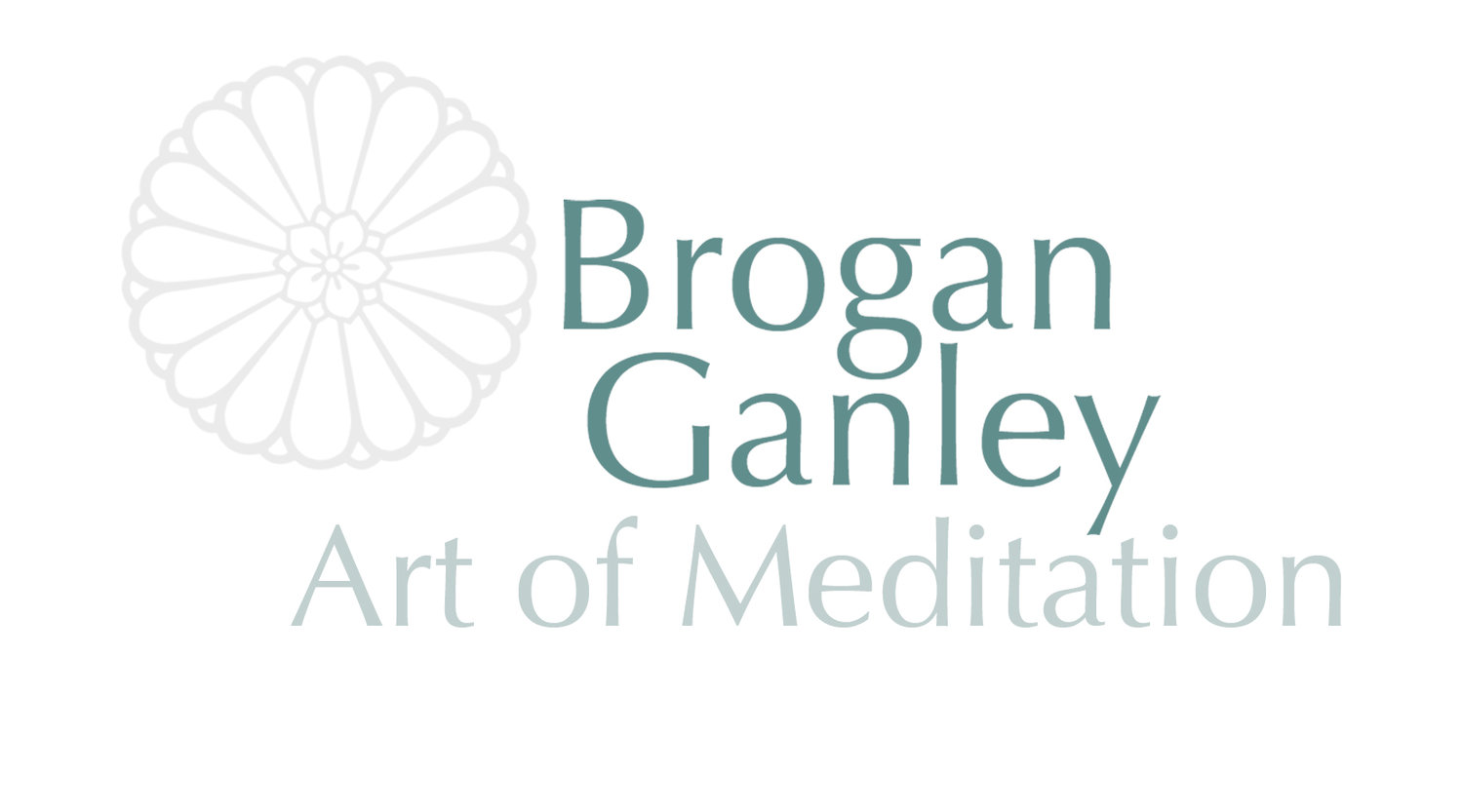The Wisdom of Autumn
/Sunset in Autumn, October 2022
Hello! I just wanted to check in with everyone during the transition of the seasons. I used to struggle with autumn when I first moved to New York and the US. It felt like a quick decent into winter! Over the years though, I have really come to appreciate this time for it’s unique and beautiful qualities.
The light is extraordinary. As a painter I am incredibly aware of light and how it affects what we see and how we see it. There is less light as the days begin to shorten, but the light has a glowing quality to it.
There is the releasing of the leaves. This feels very ritualistic and there is a wisdom to letting go of what is not serving us as we move into the more contemplative season of winter. What can you let go of at the moment? Are there things that are causing you to feel out of balance or overwhelmed? Things in your life that need to be let go of, or re-thought – a relationship, a job, does something need simplification…? Perhaps it is the emotional weight of anger, guilt, sadness or unforgiveness….? Perhaps the mental weight of racing thoughts, or negative self-talk, or a state of unawareness?
Meditation can be a wonderful tool for releasing, receiving and renewal. It can allow us to sit with what is, to accept what is in the moment, and then to move forward with a clarity and new energy. Aligning with the season in meditation can be an extremely powerful thing.
It can also be helpful in the preparation for winter. This is a time to take care of yourself in a way that sets you up for winter. Making sure you are eating the gorgeous, nourishing, seasonal foods and getting good sleep, all help with maintaining immunity over our more vulnerable time of winter. *Time to make your fire cider!
Don’t let the magic of the season pass you by – move your body, get out into the parks, get out into nature, absorb the light and the releasing energy!
Mindfulness and meditation are very much part of this taking care of self (and therefore your loved ones and community). Currently I am available for online individual sessions -depending on your needs we can start wherever you are, and with whatever you are working on or through. I am also available for therapeutic and mindful art sessions. Our Monday meditations also continue at 8.30am. All are welcome to join! Contact me for details.
Taking time to quieten and nurture the mind in alignment with this more internal season can help us through the transition.
I hope to see you soon!
Arohanui for this wonderful season,
Brogan XX



















